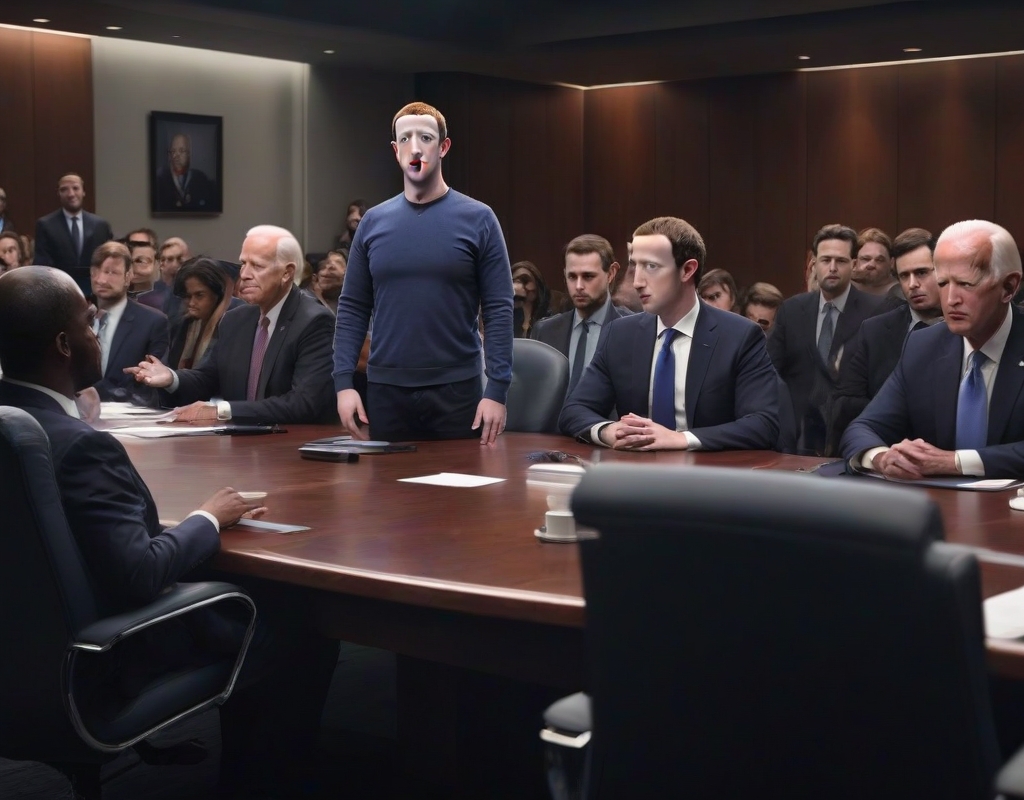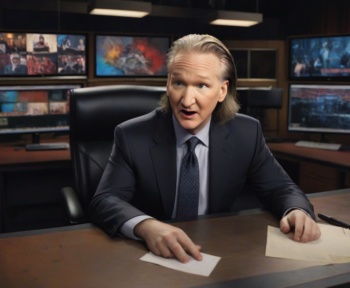In a startling disclosure, Facebook’s CEO, Mark Zuckerberg, has accused the Biden administration of exerting pressure on his company to remove content related to COVID-19 that was inconsistent with the government’s stance. This assertion has stirred substantial controversy and debate across both technology and political spheres.
Zuckerberg detailed how the administration persistently coerced Facebook to eliminate certain posts and user accounts that deviated from the established COVID-19 narrative. He suggested that these demands were rooted in an effort to manage the narrative surrounding the pandemic consistently.
During a detailed discussion in a recent interview with a leading news organization, Zuckerberg characterized the administration’s approach as both “intimidating” and “coercive”. He explained how this pressure led to Facebook moderators prioritizing governmental messages, consequently stifling diverse viewpoints and critical discussions.
This revelation has ignited a fiery debate about government’s involvement in controlling online speech and its implications on public dialogue. There is a faction that condemns the alleged behavior of the Biden administration, viewing it as a threat to free speech principles and to the integrity of digital platforms.
Conversely, some defend the administration’s stance, arguing the necessity of managing misleading information to safeguard public health. Nevertheless, Zuckerberg’s allegations have ignited significant discourse on finding the right equilibrium between governmental oversight and individual freedoms in the realm of digital communication.
Furthermore, this controversy has led to a closer examination of Facebook’s own practices in content moderation, prompting calls for more transparency and accountability within the company. As discussions proceed, it is evident that the implications for free speech and online communication are profound, setting the stage for ongoing debate about the future of internet governance.




